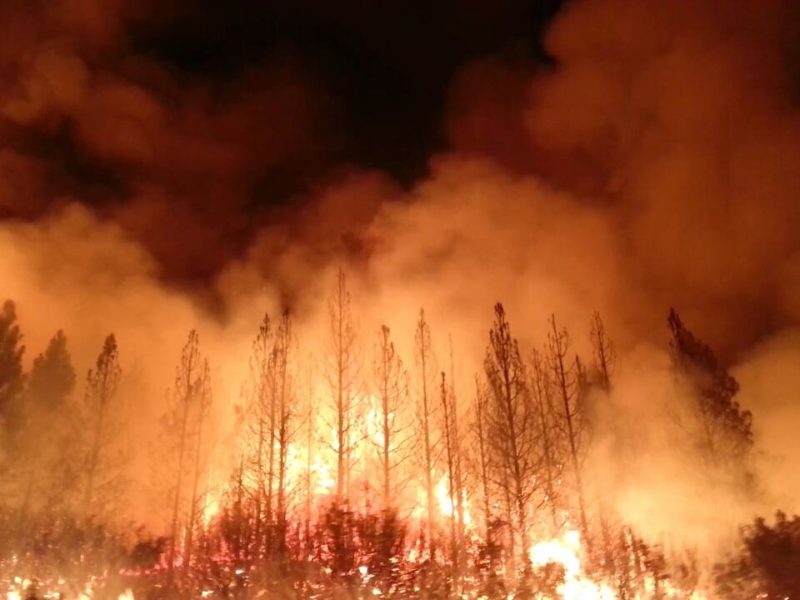Tibetans are speaking out against Chinese rule. Over the last year, 29 Tibetans have protested Chinese rule through self-immolation, an excruciatingly painful method of protest. Seven of these self-immolations have occurred in the last three weeks, following a new round of policy changes issued by the Chinese government.
The government of Mali, a West-African nation, has been overthrown in its first military coup since 1991. The coup was reportedly perpetrated by a group of Malian soldiers, spurred on by the Arab Spring following the removal of Moammar el-Qaddafi from the government of Libya.
The Israeli government has made it clear that it will not cooperate with any attempt made to inquire about the effects of Israeli settlements on the freedom of Palestinians. A spokesman for the Israeli government, speaking to the United Nations Human Rights Council, said that “Israel has no intention to cooperate” with any such action on the part of the United Nations.
President Obama has chosen the president of Dartmouth college to be the new head of World Bank. Jim Yong Kim is an expert in global health, and will be facing the challenges of HIV and AIDS as well as tuberculosis in developing countries as the new president of World Bank.
This week, President Obama will be meeting with representatives from over 50 countries in a nuclear summit, where they will discuss the nuclear threats posed by Iran and North Korea. The summit will address the potential for nuclear terrorism, among other issues.
The Chinese government has announced that it is working towards ending involuntary organ-transplant from executed prisoners within the next three to five years. The practice of removing healthy organs from convicted and executed state prisoners has long been criticized by human rights groups.
Russian President Dmitry Medvedev said that NATO has a short time to convince Russia that the country should give consent to erect a missile defense shield in Europe, adding that further stalling would lead to an unspecified Russian response.
The financial impact of last year’s drought in Texas is larger than many imagined. The final number approaches $8 billion in agriculture and livestock losses, which is $2 billion more than previously thought. This topped the previous drought record of $4 billion from 2006, making 2011 the driest and costliest year in the state’s history.



'Headlines from around the world: 3-26-12' has no comments
Be the first to comment this post!